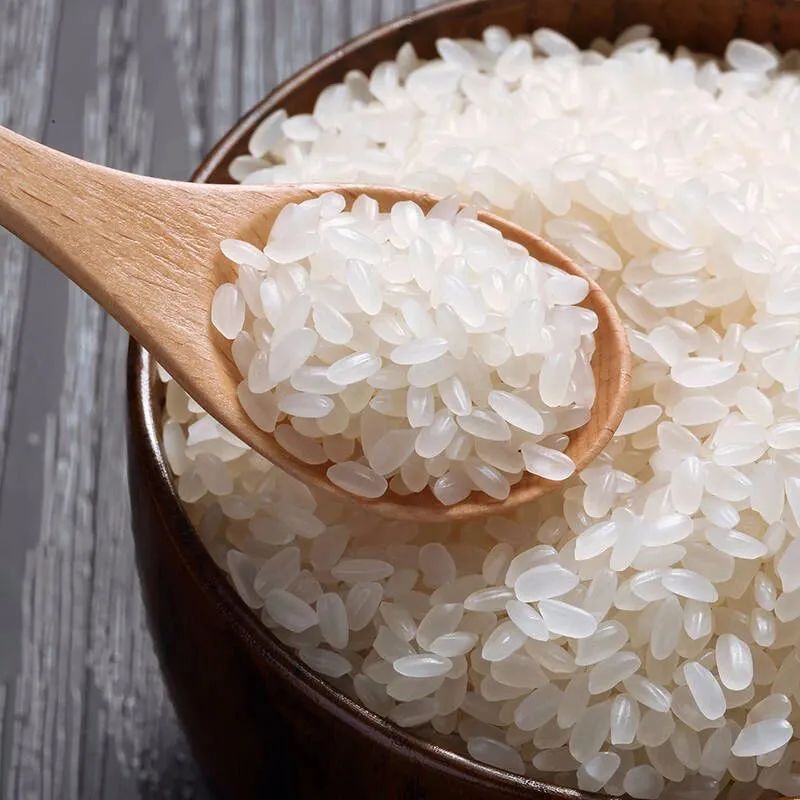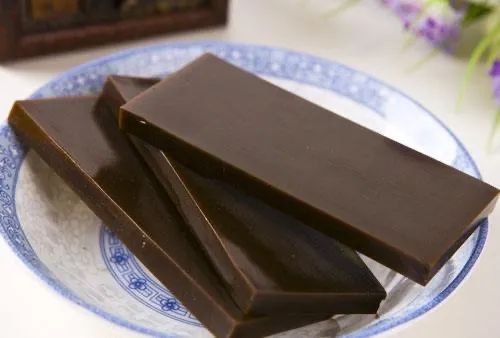
After winter, the climate becomes increasingly dry, especially in the north, where the comforting underfloor heating brings warmth but also drains precious moisture from our homes.

In winter, it becomes particularly important to replenish moisture. After autumn and winter, we have been recommending rice soup, which not only replenishes moisture but also has a more significant meaning for our bodies—supplementing Jin Ye (body fluids).Many may find the concept of Jin Ye unfamiliar, but understanding its significance for diabetics is crucial, as diabetes patients often experience a more severe deficiency of Jin Ye than the average person.We often say that diabetics are prone to the “three excesses and one deficiency,” with one of the excesses being excessive thirst and drinking.However, in reality, more and more diabetics no longer feel thirsty. Why is that?Under normal circumstances, the water we drink can be utilized and transformed into Jin Ye, while the unused water is expelled from the body through urine and sweat.However, if the body’s righteous Qi is insufficient and unable to transform water into blood and Jin Ye, it also cannot expel excess water from the body. This excess water then remains in the body, becoming dampness, which affects the circulation of Qi, blood, and Jin Ye, turning into waste within the body.With more waste water in the body, naturally, one does not feel thirsty. In reality, the body’s demand for healthy water remains unmet.

Since replenishing Jin Ye is so important, today we will discuss in detail what Jin Ye is and how to supplement it.
What is Jin Ye
All flowing substances in the body that can be utilized are called Jin Ye, such as blood, saliva, and interstitial fluid, etc.Jin Ye actually consists of two components, “Jin” and “Ye“. Jin refers to watery substances, while Ye refers to flowing energy, similar to how oil functions for a car.
The main function of Jin is to ensure overall circulation, just like how heating must circulate well for a room to warm up.
If circulation is poor, some areas will be cold while others are excessively hot.This is also true for the body; some areas may have excessive heat while others may be too cold.This is a manifestation of poor circulation of Jin.
The main function of Ye is nutrition, which can be understood as valuable substances in the body.

Every part of the body needs energy, which is actually provided through the flow of Ye.For example:We all know that blood in the human body is a type of Jin Ye, and the plasma in blood belongs to Jin. One liter of plasma contains 900-910 grams of water, so water constitutes the majority, meaning Jin is predominant, while blood cells and other nutrients such as inorganic salts, hormones, enzymes, and antibodies belong to Ye.A lack of Jin Ye is not just about feeling thirsty; it is a serious matter.The most basic visible signs include dry throat, chapped lips, and thirst, dry skin, and brittle hair.For instance, if the liver and gallbladder meridians are not well-nourished, it can lead to dry skin and dark circles; if the heart meridian is not well-nourished, it can lead to irritability and difficulty letting go of worries, which can also affect sleep quality; if the eyes are not well-nourished, it can lead to dryness and discomfort.Chapped, pale lips, yellowish complexion, brittle nails with vertical ridges, sparse and yellow hair, or reduced sweating or no sweating, short urination, or constipation can also be observed. If Jin Ye is severely depleted, leading to insufficient nourishment of the tendons and meridians, symptoms such as cramps and eyelid twitching may occur.If the deficiency of Jin progresses further, it may affect the kidney meridian, presenting as pain in the hypochondrium, weakness in the lower back and knees, tinnitus, nocturnal emissions, dizziness, and vertigo.How to supplement Jin Ye?1. One of the most common and effective methods we recommend is drinking Jiangmi Tang (rice soup).Many people ask why not just drink more hot water?How can drinking water not supplement Jin Ye? Actually, it can, but the efficiency is very low.Especially in cases of weak spleen and stomach function.When you drink cold water, the conversion rate is even lower.Moreover, rice itself is a medicinal herb; in the classic TCM text Shang Han Lun, 7 out of 113 formulas use rice.

Rice soup is essentially a medicinal soup. It harmonizes the stomach Qi and supplements Jin Ye. In the past, infants without milk would drink rice soup and rice oil.If you have elders who participated in wars, you can ask them; rice was very precious, and when available, it was given to severely injured soldiers for quick recovery, which is better than intravenous fluids for the body (though intravenous fluids are more efficient).We have previously detailed the benefits of rice soup in our articles, so we won’t elaborate further here. ↓TCM says: A bowl of rice soup is better than ginseng soup? Can diabetics drink this “divine water”?The second method we recommend for supplementing Jin Ye is Huangjiu (yellow wine) stewed with Ejiao (donkey-hide gelatin).

Ejiao is known as the “holy product for blood supplementation” and is not just a name.As we mentioned earlier about Jin Ye,Jin Ye is not just liquid; it also contains various substances needed by our body. Ejiao’s blood-nourishing effect is reflected in its ability to replenish our body’s material levels.This is something that other supplements cannot achieve.Especially for diabetics, the body is particularly lacking in nutrients, gradually leading to the decline of various functions, and at this time, Ejiao is needed to help us replenish.After consistently consuming Ejiao for a period, you will gradually notice the following changes:1. Stewing Ejiao nourishes Qi and blood; with sufficient Qi and blood, it nourishes the five organs (heart, liver, spleen, lungs, kidneys), with the heart being nourished the fastest since it pumps blood, leading to improved sleep quality (the heart houses the spirit), and overall improvement in all organs, including the spleen and stomach.2. With sufficient Qi and blood, after nourishing the five organs, it nourishes the surrounding body, with noticeable changes such as improved complexion, reduced hair loss, and better mental state.3. When Qi and blood are abundant, it will restore the reproductive system, thus improving menstrual issues.After reaching a certain level of overall recovery, the body’s functions will upgrade slightly, then continue to nourish the five organs → surrounding body → reproductive system, in a spiral enhancement.Today’s sharing ends here. Diabetics who find this confusing can bookmark it to read multiple times, or consult in the group, and we will answer your questions one by one.

